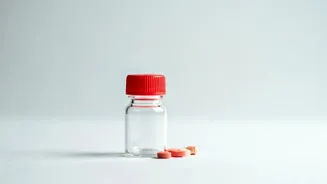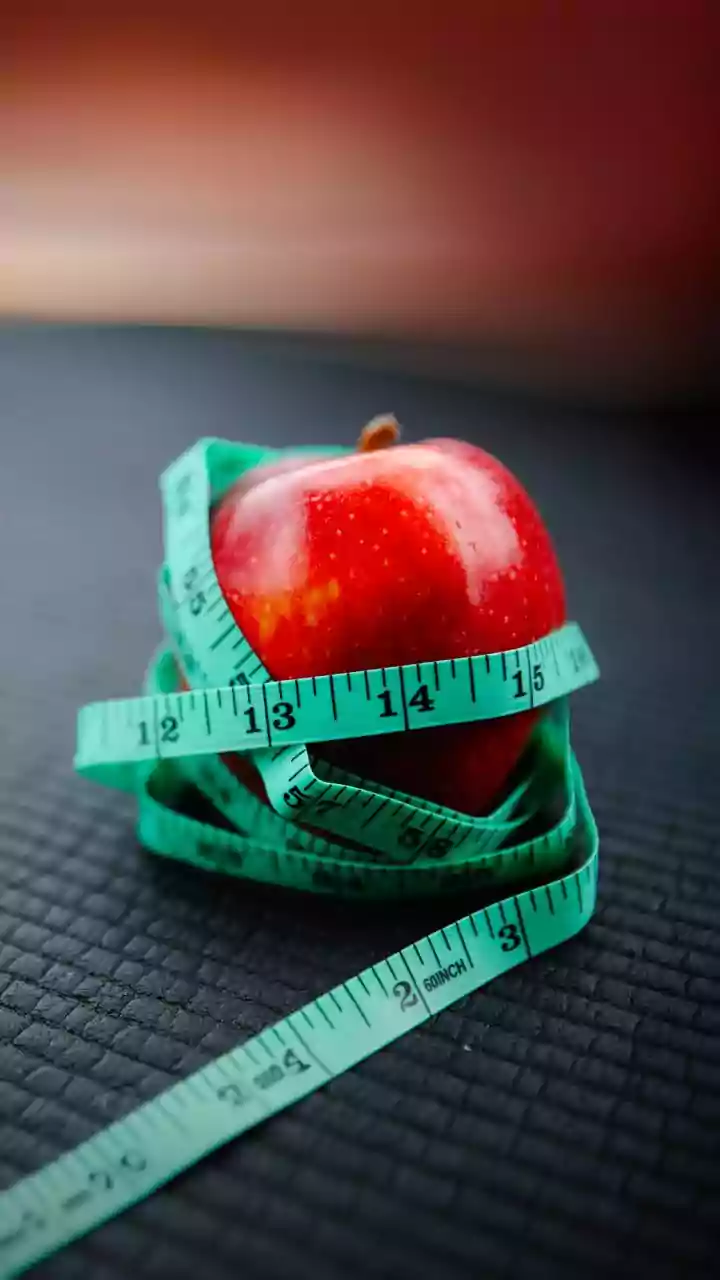Under 5s: A Concern
Administering cough syrups to children under the age of five has been a matter of considerable concern. Medical professionals highlight that these medicines
may not be suitable for very young children and could carry potential hazards. The developing physiology of children in this age group makes them more susceptible to adverse reactions to certain medications. It is crucial to understand that the body of a child under five processes drugs differently compared to older children and adults. This can lead to unexpected and sometimes severe consequences. Therefore, health authorities and pediatricians generally advise against the use of cough syrups for this specific age bracket, suggesting alternative treatments and remedies that are considered safer for this vulnerable group. Always consult a pediatrician for guidance.
Risks and Dangers
Cough syrups contain ingredients which can have side effects on young children. Many cough syrups include components that may cause drowsiness, slowed breathing, or even other serious complications in younger kids. The potential for overdosing is another critical concern. When a child's dosage is not precisely calculated based on their weight or age, it increases the risk of giving too much medication, resulting in potential harm. Furthermore, several ingredients used in cough syrups can interact with other medications a child might be taking. Always seek professional medical advice to know the complete risks of cough syrups for your children. It's very important that parents and caregivers are well-informed about these possible dangers. Always be cautious and prioritize safety.
Weight-Based Dosing
When considering giving any medication, including cough syrups, to children, weight is a vital factor. Dosing instructions on medications often specify amounts based on the child's weight, rather than just their age. This precise approach ensures that the correct amount of medicine is given for the size of the child's body. The weight-based method minimizes the possibility of overdosing or giving too little medicine. It makes sure that the child's body gets the appropriate dose of the medication. Never guess at the dosage. Always consult a doctor to ensure that the dosage is right for your child. Always use a reliable scale to weigh your child and determine the right dose. Following weight-based dosing guidelines significantly reduces the risk of complications and promotes the child's well-being. Furthermore, caregivers must clearly communicate the child's weight to healthcare providers.
Alternative Approaches
When it comes to managing coughs and colds in young children, alternatives to cough syrups exist. Doctors often suggest non-medicated methods to soothe symptoms and help children feel better. These include remedies such as giving the child adequate fluids to keep them hydrated. Additionally, using a humidifier in the child's room can help relieve congestion by adding moisture to the air. For older children, honey is often recommended, but it is important to note that honey should never be given to infants under one year old due to the risk of botulism. Whenever any form of treatment is decided upon, consulting with a healthcare professional to decide which method is most effective for the child's needs is recommended. The focus should always be on providing relief and ensuring the child's safety.
Guidance and Consultation
For anyone concerned about coughs or colds in children, the first step should be to seek professional medical advice. A doctor can assess the child's condition, diagnose the cause of the symptoms, and suggest the safest and most effective treatment plan. The doctor can also provide specific guidance on whether cough syrups are suitable and, if so, the correct dosage based on the child's age, weight, and overall health. Never take any action before consulting with a medical professional. Parents or caregivers should have an open line of communication with healthcare providers, asking any questions and discussing any concerns about treatments. By getting professional advice and carefully following recommendations, the safety and well-being of children can be assured. Always remember that a doctor's guidance is crucial for the health of your children.

















